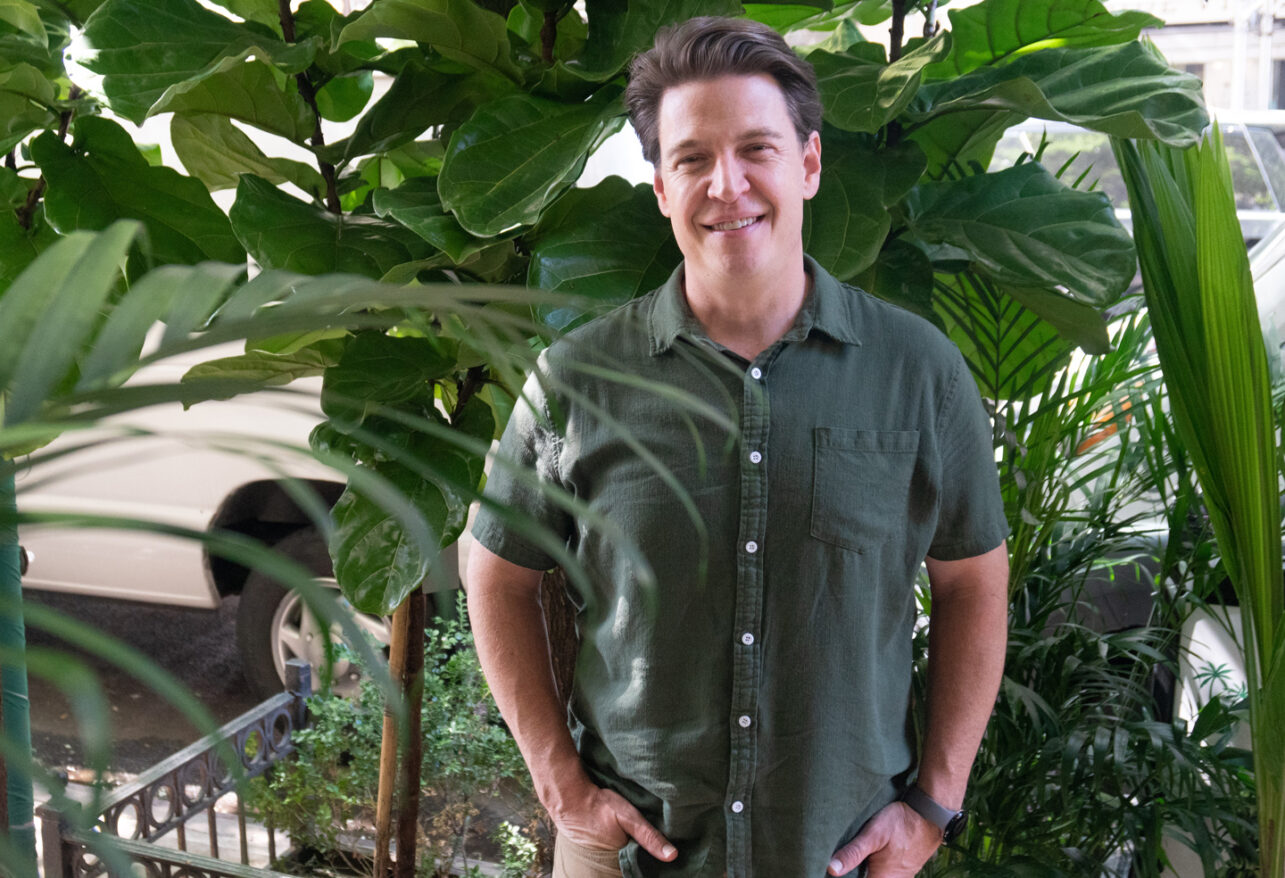News
WHAT TO DO ABOUT CLIMATE ANXIETY?
By Daniel Benkendorf, professor and assistant chair of Social Sciences

Wildfires. Floods. Record-breaking heat. Ocean acidification. Microplastics. If you, like me, are preoccupied by ecological disasters, you’re in good company. Large majorities of people across the world, especially young people, worry about climate change. But what can we do when climate anxiety weighs us down under a blanket of despair? This question has been addressed by quite a bit of psychological research.
Anxiety and worry are not the same. Worry is specific and temporary, tends to be grounded in reality, and doesn’t impair functioning. Anxiety, on the other hand, tends to be generalized and chronic, and often leads to catastrophic thinking. Whereas anxiety depletes us and often results in rumination and inaction, worry can motivate us to act—which reduces anxiety and could make a difference for our planet.
Researchers at Yale have shown that the best thing you can do to address climate change and reduce your anxiety is to engage in collective action. Individual behaviors like recycling, composting, and thrifting are important but have not been shown to reduce climate anxiety. By contrast, collective action—like environmental advocacy and cultivating green space—offers multiple benefits, including satisfying our human need for connection. Social support is one of the strongest predictors of mental well-being, and working with others who share similar goals and values makes us more hopeful about the future. In New York City, we are surrounded by groups like GrowNYC, the New York City Environmental Justice Alliance, and the Natural Resources Defense Council. Nearly every environmental issue already has a local group devoted to it, and most of these groups welcome new volunteers.
Also, monitor your media diet. The news is designed to keep us scrolling, watching, and reading. It certainly is not designed with our mental health and well-being in mind. Yet we can take control of what we see by adjusting our notifications, being mindful of whom we follow on social media, and seeking out good news. (Check out dailyclimate.org, which devotes a newsletter to hopeful stories.)
Climate change is one of the most serious problems our species has ever faced, and confronting it takes an emotional toll. But we are a resilient species, and we can learn to cope with these emotions in the service of our own mental health and the health of this beautiful planet.
Daniel Benkendorf is a professor and assistant chair of Social Sciences. His areas of study include the psychology of sustainability.